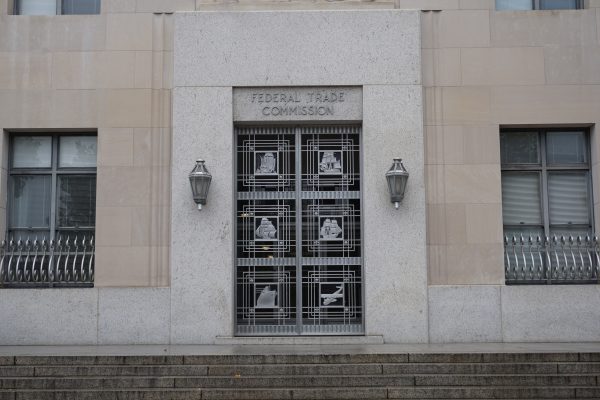Letters to the Regulators: Letter to the SEC Supporting the Prohibition of Conflicts of Interests in Securitization
Americans for Financial Reform Education Fund submitted a comment to the Securities and Exchange Commission (SEC) supporting its proposal to prohibit conflicts of interest in securitizations. Such conflicts were at the heart of the Great Financial Crisis of 2008 leading to trillions of dollars in losses across the financial system and irreparable harm to millions of homeowners. Now, with the growth in securitizations such as those backed by commercial real estate and other assets, the SEC’s proposals can ensure that similar practices do not happen again at the harm of investors and others.










